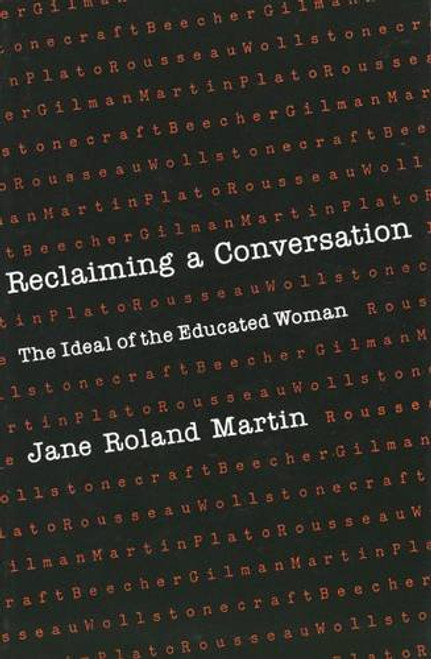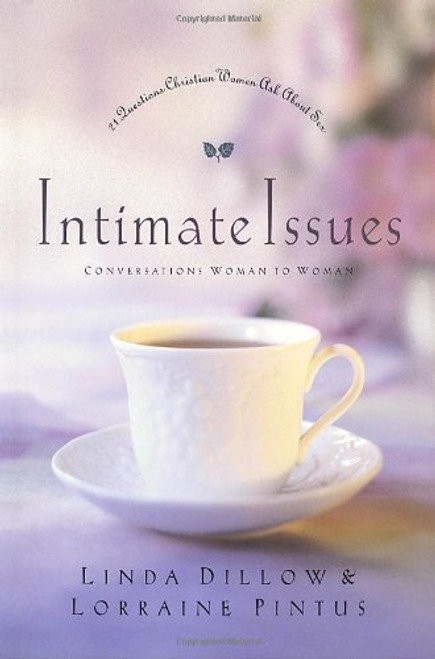In this book Jane Roland Martin joins in conversation with five philosophersPlato, Rousseau, Mary Wollstonecraft, Catharine Beecher, and Charlotte Perkins Gilmanabout how women should be educated in an ideal society, and she draws out implications for the education of both sexes today.
A timely and important contribution both to feminist theory and to the philosophy of education.Carol Gilligan, Harvard University
Fascinating. . . . The juxtaposition of views, together with Martins critical comparisons, illuminates each account.Martha Nussbaum, New York Review of Books
Martins careful work shows [that]. . . a serious effort to design ideal education for women makes it necessary also to rethink mens schooling. This is an important book.Library Journal
Martin has provided a uniquely valuable service to educators.Sandra Harding, Journal of Education
This is a decidedly intelligent and well-written book.Margaret Canovan, Times Higher Education Supplement
The book ends with questions rather than answers: how best can each of us reflect all things human in our own lives, and how can education prepare us to do so effectively? The great strength of Martins work is the historical resonance that it gives both to these questions and the understanding of their fundamental importance for men and women alike.Margaret Rouse Bates, Signs
Selected as an American Educational Studies Associations Critics Choice book for 1986
A timely and important contribution both to feminist theory and to the philosophy of education.Carol Gilligan, Harvard University
Fascinating. . . . The juxtaposition of views, together with Martins critical comparisons, illuminates each account.Martha Nussbaum, New York Review of Books
Martins careful work shows [that]. . . a serious effort to design ideal education for women makes it necessary also to rethink mens schooling. This is an important book.Library Journal
Martin has provided a uniquely valuable service to educators.Sandra Harding, Journal of Education
This is a decidedly intelligent and well-written book.Margaret Canovan, Times Higher Education Supplement
The book ends with questions rather than answers: how best can each of us reflect all things human in our own lives, and how can education prepare us to do so effectively? The great strength of Martins work is the historical resonance that it gives both to these questions and the understanding of their fundamental importance for men and women alike.Margaret Rouse Bates, Signs
Selected as an American Educational Studies Associations Critics Choice book for 1986







